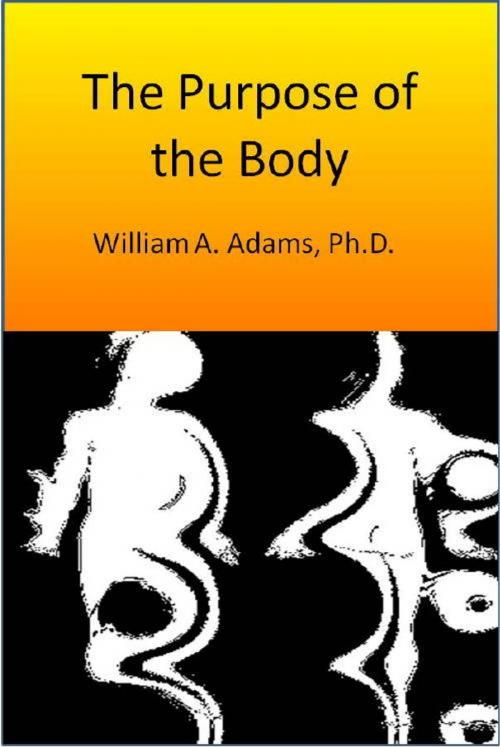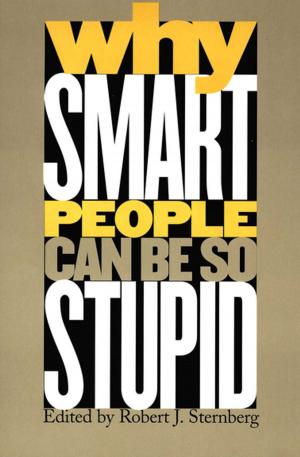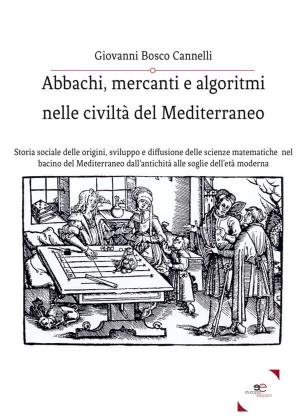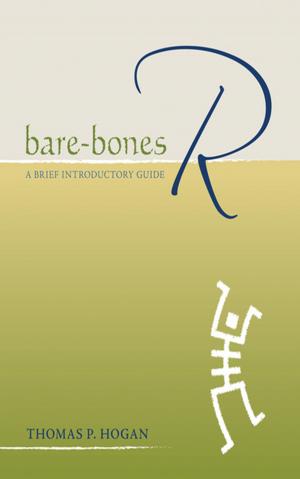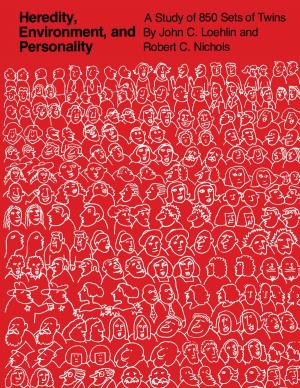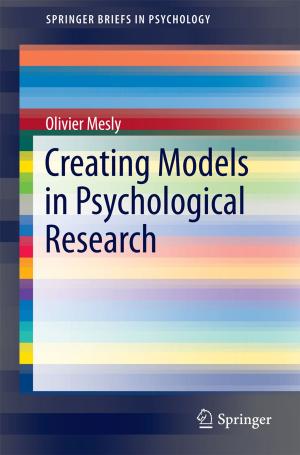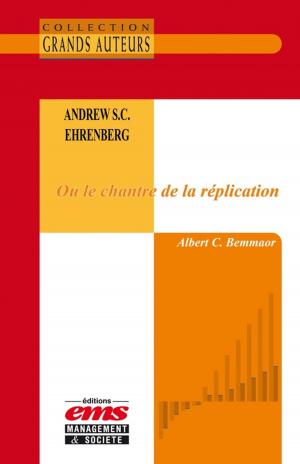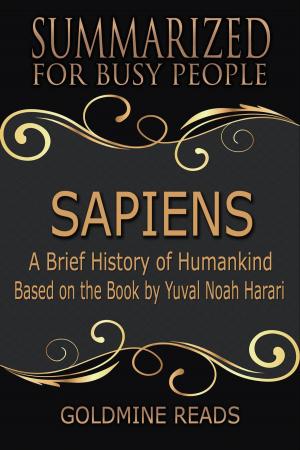| Author: | William A. Adams | ISBN: | 9780983717737 |
| Publisher: | William A. Adams | Publication: | October 24, 2011 |
| Imprint: | Smashwords Edition | Language: | English |
| Author: | William A. Adams |
| ISBN: | 9780983717737 |
| Publisher: | William A. Adams |
| Publication: | October 24, 2011 |
| Imprint: | Smashwords Edition |
| Language: | English |
The body is not the mind, yet mental experience occurs in the context of the physical body and is severely constrained by the body. What is the relationship between the mind, introspectively understood, and its extremely intimate but uncommunicative partner, the body? To find out, one must question fundamental assumptions about what the body is, and that makes a dizzying journey. This essay proposes that what is taken for granted as the self-existent, biological body is instead a reified concept, a projection of mentality. That reverses the familiar causal story that the mind is somehow produced by the brain. It proposes that the physical body is a mistaken, or at least badly articulated tacit conceptualization, by the linguistic and self-aware Social Self strand of consciousness, of the non-self-aware Sensorimotor Cycle strand of consciousness. From that syncretic confusion, guided by the contextual community, the concept of the body is projected outward, away from subjectivity, and reified into a self-existent object, which is how we currently think of the body in common sense and in science. But why would mentality encumber itself by projecting a body? Wouldn’t it be better for the mind to have no body? These questions focus the larger question, what is the purpose of the body? The answer is that mentality needs its projection of embodiment to guarantee its psychological individuality, and thus its very survival in the intersubjective environment that humans live in. But what of theory of evolution, according to which, physical bodies existed long before human minds? Is there any way this new thesis can be reconciled with evolution? Some suggestions are offered that point in the direction of a reconciliation. Consequences of re-thinking the relationship of mind and body include a reconsideration of cognitive information processing, death, and metaphysics.
The body is not the mind, yet mental experience occurs in the context of the physical body and is severely constrained by the body. What is the relationship between the mind, introspectively understood, and its extremely intimate but uncommunicative partner, the body? To find out, one must question fundamental assumptions about what the body is, and that makes a dizzying journey. This essay proposes that what is taken for granted as the self-existent, biological body is instead a reified concept, a projection of mentality. That reverses the familiar causal story that the mind is somehow produced by the brain. It proposes that the physical body is a mistaken, or at least badly articulated tacit conceptualization, by the linguistic and self-aware Social Self strand of consciousness, of the non-self-aware Sensorimotor Cycle strand of consciousness. From that syncretic confusion, guided by the contextual community, the concept of the body is projected outward, away from subjectivity, and reified into a self-existent object, which is how we currently think of the body in common sense and in science. But why would mentality encumber itself by projecting a body? Wouldn’t it be better for the mind to have no body? These questions focus the larger question, what is the purpose of the body? The answer is that mentality needs its projection of embodiment to guarantee its psychological individuality, and thus its very survival in the intersubjective environment that humans live in. But what of theory of evolution, according to which, physical bodies existed long before human minds? Is there any way this new thesis can be reconciled with evolution? Some suggestions are offered that point in the direction of a reconciliation. Consequences of re-thinking the relationship of mind and body include a reconsideration of cognitive information processing, death, and metaphysics.
